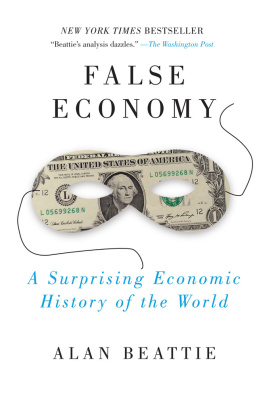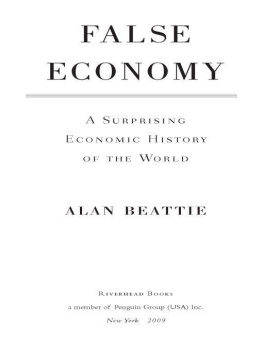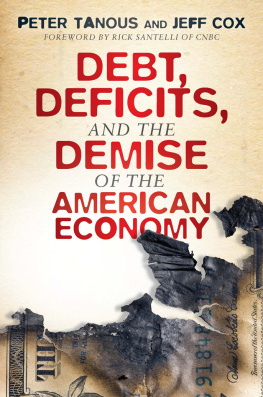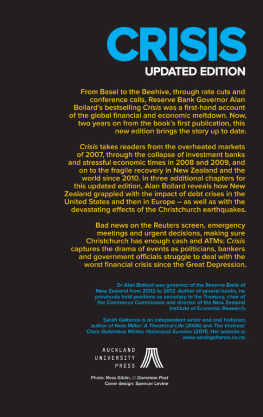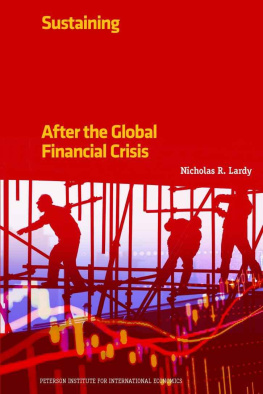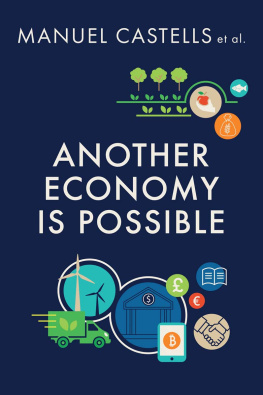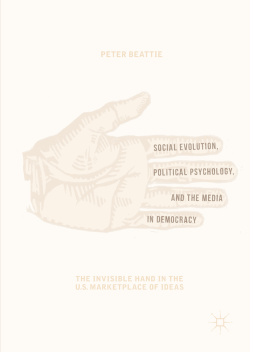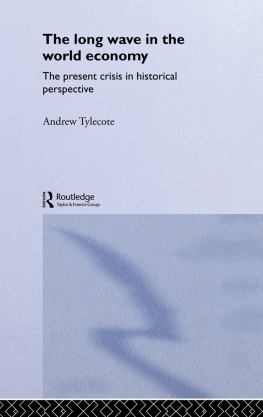Alan Beattie - Whos in Charge Here?
Here you can read online Alan Beattie - Whos in Charge Here? full text of the book (entire story) in english for free. Download pdf and epub, get meaning, cover and reviews about this ebook. year: 2012, publisher: Penguin, genre: Politics. Description of the work, (preface) as well as reviews are available. Best literature library LitArk.com created for fans of good reading and offers a wide selection of genres:
Romance novel
Science fiction
Adventure
Detective
Science
History
Home and family
Prose
Art
Politics
Computer
Non-fiction
Religion
Business
Children
Humor
Choose a favorite category and find really read worthwhile books. Enjoy immersion in the world of imagination, feel the emotions of the characters or learn something new for yourself, make an fascinating discovery.
- Book:Whos in Charge Here?
- Author:
- Publisher:Penguin
- Genre:
- Year:2012
- Rating:3 / 5
- Favourites:Add to favourites
- Your mark:
Whos in Charge Here?: summary, description and annotation
We offer to read an annotation, description, summary or preface (depends on what the author of the book "Whos in Charge Here?" wrote himself). If you haven't found the necessary information about the book — write in the comments, we will try to find it.
As we watch wave after wave of volatility threaten the global economy, it is tempting to ask, who is in charge here? The answer, journalist and economist Alan Beattie explains, is all too often no one.
The crisis that began with mortgages in American suburbia has now spread around the world from banks to businesses to governments, threatening to bring decades of economic progress to a juddering halt. Globalizations strengths - its speed, breadth, and complexity - have also proved to be weaknesses as the crisis has traveled more rapidly and widely around the globe than the boom, and faster than governments have usually been able to react.
The United States, which has led the global economy since the second world war, has been weakened by political division at home. Like ancient Rome, it has been challenged by an array of upstarts - emerging markets like China, India and Brazil. But just like the tribes that brought down the Roman Empire, the rising powers are strong enough to block American leadership yet not united enough to provide direction of their own.
In Europe, as country after country has slid towards trouble, it has become evident that the eurozones slow and unwieldy policy frameworks are woefully unfit for dealing with financial crises. As Beattie writes: It [is] like watching a gang of irascible, quarrelsome architects trying to redesign a house in the middle of a raging fire.
With the penetrating wit for which he is known, Alan Beattie explains how international economic institutions like the IMF can work - and how they often dont. He calls out the more spectacular failures of judgment and leadership, as well as the less frequent bright spots, in handling the crisis, showing how governments scrambled to respond as the ground started to give way.
Alan Beattie: author's other books
Who wrote Whos in Charge Here?? Find out the surname, the name of the author of the book and a list of all author's works by series.

